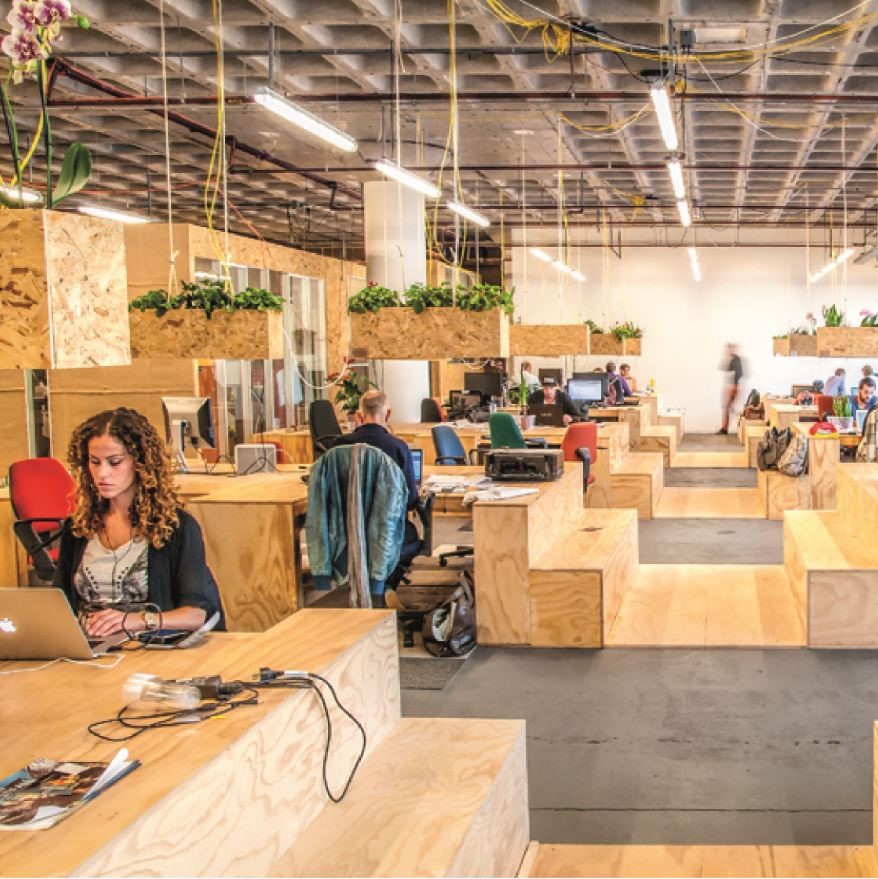To provide the best experiences, we use technologies like cookies to store and/or access device information. Consenting to these technologies will allow us to process data such as browsing behaviour or unique IDs on this site. Not consenting or withdrawing consent, may adversely affect certain features and functions.
The technical storage or access is strictly necessary for the legitimate purpose of enabling the use of a specific service explicitly requested by the subscriber or user, or for the sole purpose of carrying out the transmission of a communication over an electronic communications network.
The technical storage or access is necessary for the legitimate purpose of storing preferences that are not requested by the subscriber or user.
The technical storage or access that is used exclusively for statistical purposes.
The technical storage or access that is used exclusively for anonymous statistical purposes. Without a subpoena, voluntary compliance on the part of your Internet Service Provider, or additional records from a third party, information stored or retrieved for this purpose alone cannot usually be used to identify you.
The technical storage or access is required to create user profiles to send advertising, or to track the user on a website or across several websites for similar marketing purposes.
 The experiences and attitudes of working parents are explored in two new reports which offer contrasting views on what happens to the careers and skills of mothers and fathers. The first from CWJobs uncovers the fears parents have of being left behind by technology while they take time away from their careers to care for children, while the second looks at the ways in which parenthood might improve people’s skills and ability to deal with complex roles. (more…)
The experiences and attitudes of working parents are explored in two new reports which offer contrasting views on what happens to the careers and skills of mothers and fathers. The first from CWJobs uncovers the fears parents have of being left behind by technology while they take time away from their careers to care for children, while the second looks at the ways in which parenthood might improve people’s skills and ability to deal with complex roles. (more…)




































October 16, 2019
Remote working can increase stress and reduce wellbeing
by Stephanie Russell • Comment, Flexible working, Wellbeing